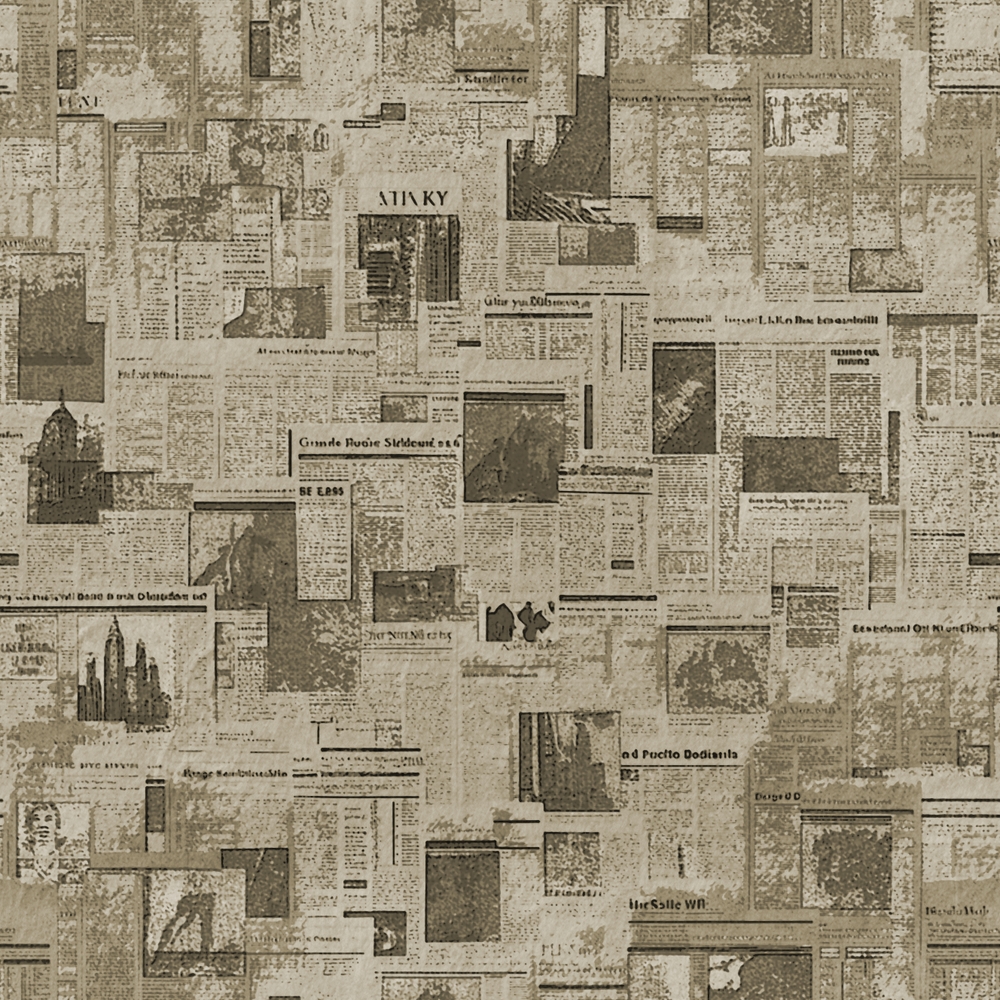In this week’s Torah reading, Parshat Bo, Moshe (Moses) warned Pharaoh that at midnight, Egypt will be inflicted with a plague, with which all the first-borns will be killed, for refusing to liberate the Jews. Moshe didn’t actually say, “at midnight,” but “around midnight.” Rashi quotes the explanation from our Sages, and says that it is because the Egyptians might make a mistake in their calculations and say that Moshe is a liar. They might not be accurate in determining when midnight was, and if according to their calculations the plague hadn’t struck precisely at midnight, they would use this as a basis to claim that Moshe is an impostor.
Moshe already predicted nine awful plagues which all materialized exactly as he had said. He already proved his truthfulness nine times. Now, Moshe stated that at midnight all the first-borns of Egypt will die. Everyone knew that every household in Egypt was about to suffer a tragedy. Yet, Moshe understood their minds, and he realized that there would be people busy gaging the time to see if their people would die precisely at midnight or not. And if it didn’t happen exactly at the predicted time, never mind the fact that people died all over the country as predicted by Moshe, they would jump at the opportunity to proclaim that Moshe was a liar. How do we begin to understand such behavior?
Rabbi Dovid Soloveichik takes this as an astonishing insight into the nature of mankind. The Egyptians were so entrenched in their falsehood, that they would grab onto anything possible to somehow undermine Moshe. It didn’t matter what was going on and how irrelevant and foolish it would be. The Egyptians couldn’t handle the blatant truth that was staring them in the face. They had the gods they worshipped and believed in, and they were determined to be in control. Moshe had come and introduced them to the true God, the Almighty, to Whom they must submit their will to. Moshe was forcing them recognize the power of the Almighty and to listen to Him. They were so attached to their old beliefs that they would grab onto anything that can support their viewpoint. If they could somehow discredit Moshe to some degree, even if it’s in the most absurd manner, that’s all they needed. As soon as they have anything to prove that there was any aspect of falsehood in the words of Moshe, that would be sufficient for them to be able to dismiss entirely the truthfulness of Moshe in commanding them in the name of God to free the Jews.
We are not all that different. When someone criticizes us, we feel challenged, and feel desperate to somehow discredit the person who is criticizing us. We jump to find some fault in the person who is criticizing us, no matter how irrelevant it might be. We tend to snap back say things like, “Why didn’t you tell me earlier?” or, “And what about when you did x with such and such?” We become defensive, ignoring any possibility that there might be truth to the criticism and that we may have erred. We find the tiniest, most irrelevant fault we can find in the person criticizing us, in order to deflect any blame from ourselves, and with that we discredit any valid point the person made.
But we only lose by acting this way. Accepting criticism is vital for success in life, as Rabbeinu Bechaye (introduction to Parshat Shemot) says that keeping the entire Torah is dependent on accepting criticism. One who has the trait of accepting criticism will learn what to correct and improve. But someone who hates criticism is not too far from becoming a heretic and removing the yoke of Torah from himself. Despising criticism is a terrible trait which brings upon a person severe consequences. Accepting criticism brings tremendous benefit.
Rabbi Yerucham Levovitz once visited his mentor, the Alter of Slabodka. The Alter reprimanded him sharply for his conduct for a long time, while Rabbi Levovitz just sat there silently. There was a man who witnessed the scene, and he was sure that after this experience, Rabbi Levovitz would never return to the Alter. But to his surprise, Rabbi Levovitz returned the following day, and received another long lecture of harsh rebuke. This scene repeated itself for a full week. This is an example of one who learned to truly appreciate criticism.
Being told that we are wrong or that we should improve is not pleasant. It takes a lot of humbling to be willing to accept that the person confronting us may be right. This is especially true when it is done in a harsh manner. But resisting criticism is foolish. If we want to get anywhere in life, we must learn to appreciate being corrected. Being corrected is a gift, as the Rosh tells us (Orchot Chaim), “You should rejoice when hearing criticism like finding a great treasure!” One who cannot bear being told that he has erred is at great risk in life. His mind will conjure the most irrelevant retorts to undermine the criticism. The more we become susceptible to accepting criticism, the higher our quality of life will be.
By Rabbi Yitzchok Aryeh Strimber torah4every1@gmail.com


